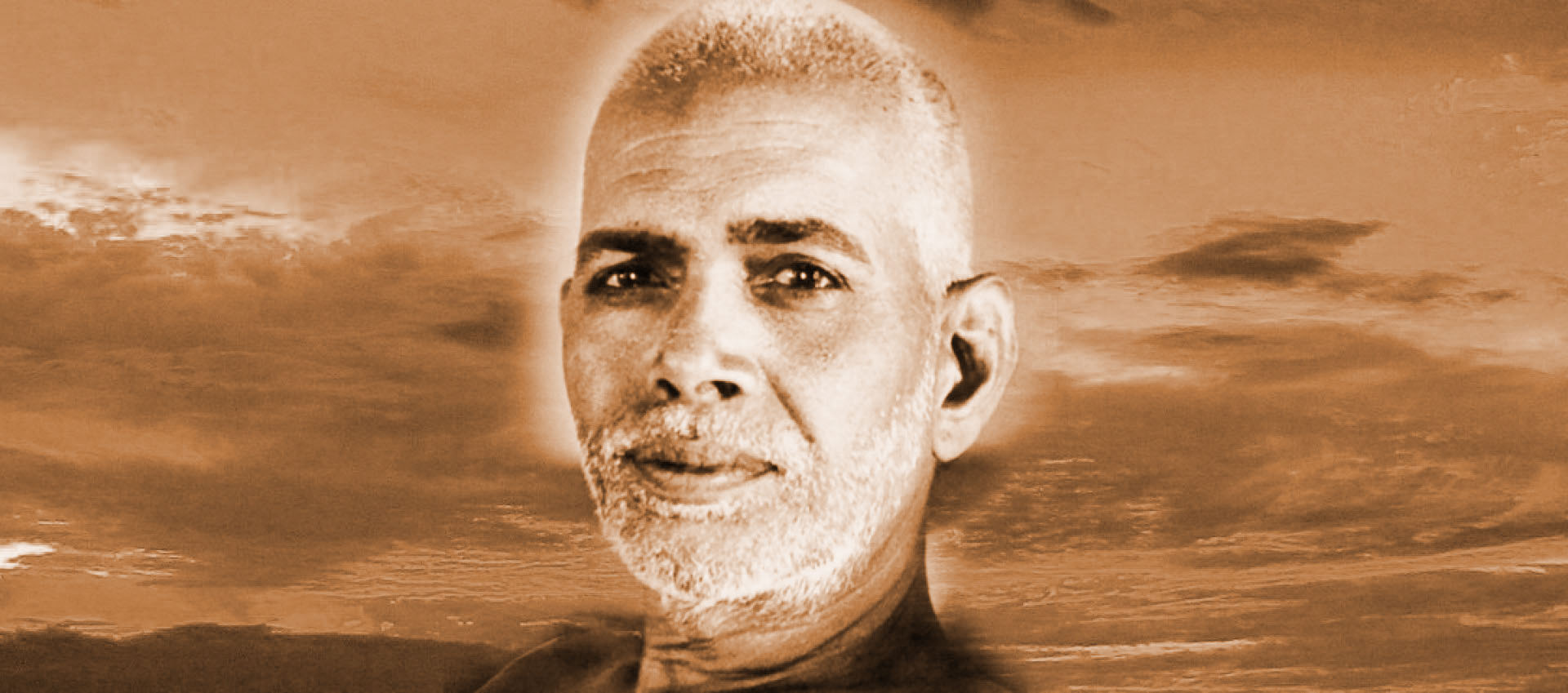

Silence and Solitude
D: Is a vow of silence useful?
M: The inner silence is self-surrender. And that is living without the sense of ego.
D: Is solitude necessary for a sannyasin?
M: Solitude is in the mind of a man. One might be in the thick of the world and yet maintain perfect serenity of mind; such a person is always in solitude. Another may stay in the forest, but still be unable to control his mind. He cannot be said to be in solitude. Solitude is an attitude of the mind; a man attached to the things of life cannot get solitude, wherever he may be. A detached man is always in solitude.
D: What is mauna?
M: That state which transcends speech and thought is mauna; it is meditation without mental activity. Subjugation of the mind is meditation; deep meditation is eternal speech. Silence is ever-speaking; it is the perennial flow of ‘language’. It is interrupted by speaking; for words obstruct this mute ‘language’. Lectures may entertain individuals for hours without improving them. Silence, on the other hand, is permanent and benefits the whole of humanity. . . . . . By silence, eloquence is meant. Oral lectures are not so eloquent as silence. Silence is unceasing eloquence. . . . It is the best language.
There is a state when words cease and silence prevails.
D: How then can we communicate our thoughts to one another?
M: That becomes necessary if the sense of duality exists….
D: Why does not Bhagavan go about and preach the Truth to the people at large?
M: How do you know I am not doing it? Does preaching consist in mounting a platform and haranguing the people around? Preaching is simple communication of knowledge; it can really be done in silence only. What do you think of a man who listens to a sermon for an hour and goes away without having been impressed by it so as to change his life? Compare him with another, who sits in a holy presence and goes away after sometime with his outlook on life totally changed. Which is the better, to preach loudly without effect or to sit silently sending out inner force?
Again, how does speech arise? There is abstract knowledge, whence arises the ego, which in turn gives rise to thought, and thought to the spoken word. So the word is the great-grandson of the original source. If the word can produce effect, judge for yourself, how much more powerful must be the preaching through silence! But people do not understand this simple, bare truth, the truth of their everyday, ever-present, eternal experience. This truth is that of the Self. Is there anyone unaware of the Self? But they do not like even to hear of this truth, whereas they are eager to know what lies beyond, about heaven, hell and reincarnation.
Because they love mystery and not the truth, religions cater to them so as eventually to bring them round to the Self. Whatever be the means adopted, you must at last return to the Self: so why not abide in the Self here and now? To be a spectator of, or to speculate about the other world, the Self is necessary; therefore, they are not different from the Self. Even the ignorant man when he sees the objects, sees only the Self.
1 Sannyasin: Monk, Mendicant, Hermit
2 Mauna: Silence
3 Bhagavan: God, Lord
Maharshi’s Gospel
Silence And Solitude


Ramana sees objects as Self! We see them as objects! But; on the other hand; Ramana says: When anybody sees any object; they are seeing the Self only!